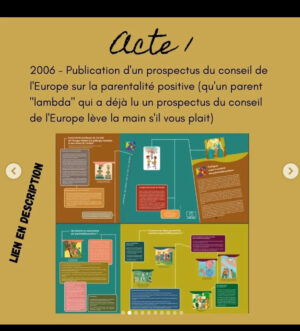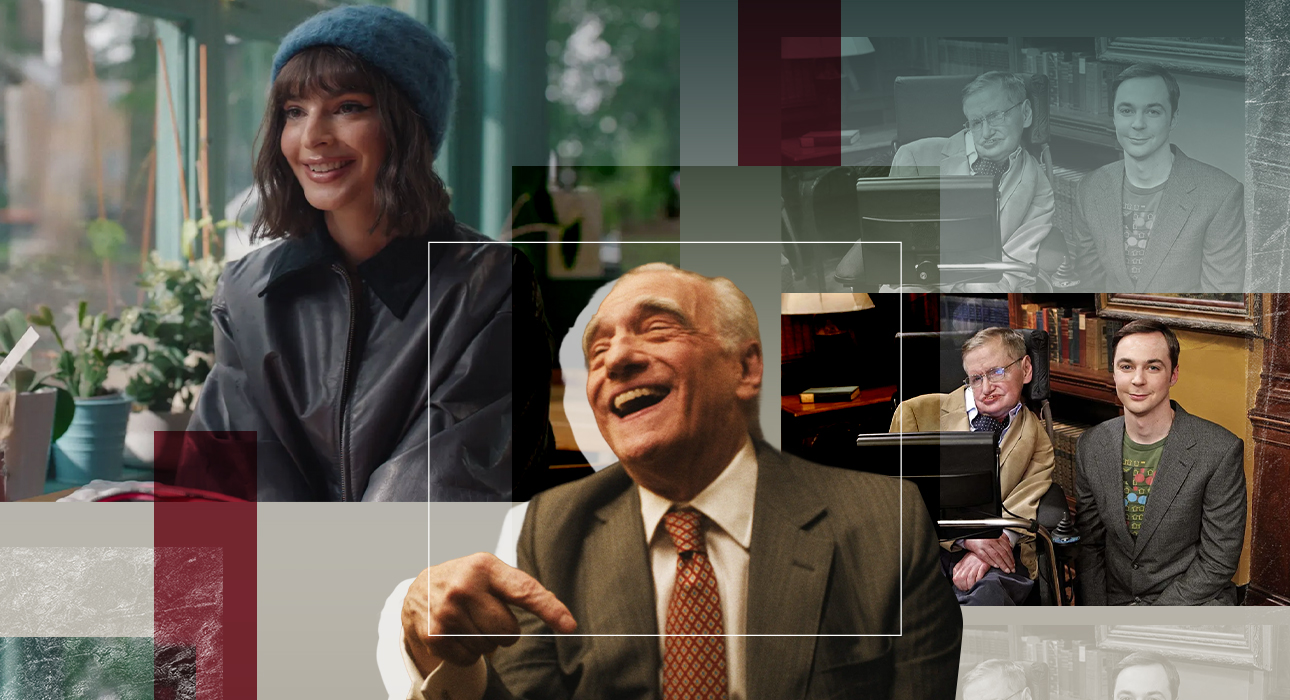If you are a regular user of your parents’ Instagram, you could not miss the heated debate that currently stirs our social networks: the “time out” should be prohibited, or on the contrary is it to be recommended?
This practice of temporarily isolating a child unleashes passions and pits anti-VEO – ordinary educational violence – associations and practitioners against many early childhood professionals. The former denounce a humiliating punishment, supported by studies, while the latter regret an imaginative interpretation of these studies.
Why does the “time out” issue suddenly lead to discussion?
It all starts from an article published in Le Figaro: “Go to your room!”: An order that parents will soon no longer be able to give? File in Your Room refers to the title of psychologist Caroline Goldman’s book, published in 2020. In her book, this early childhood practitioner recommends “time out” as an educational method and refers to the Council of Europe who would recommend it to practice. in a booklet published in 2006.
The work published by the psychologist caused a sensation with anti-VEO associations, which accused her of supporting educational violence by advocating the exclusion of children in emotional distress. These same associations then contacted the Council of Europe to request the withdrawal of this recommendation.
Although the title of Le Figaro suggests that the “time out” may soon be banned, it is not. As the creator of the Instagram and Podcast account sums it up perfectly first layer.

The “time out”, a violent practice, really?
While many professionals and parents practice temporary exclusion to punish misconduct, the “time out” is not always unanimous. Pure and tough anti-VEO associations and accounts denounce a humiliating and deleterious punishment. The founder of the FamilyLab France network, David Dutarte, explains:
If we exclude the child as soon as he questions us, the child feels denied. If we listen to him he feels appreciated and will better respect the limits of adults..
These shocking remarks raise questions: No well-meaning parent wants to turn into an authoritarian and toxic executioner. But how can we draw such conclusions about the consequences of “time out” when the practice itself is not explained and there are as many means to implement it as there are families?
According to the Council of Europe, once again, this method simply consists of “ impose a temporary suspension on the child The circumstances of this exclusion are not specified.
Nowhere is it about excluding or denying the child’s feelings. Many early childhood specialists, such as Caroline Goldman or Marie Chétrit, see this method as an alternative to educational violence, provided that the sanction is applied within an appropriate framework.
For the parents we interviewed, this practice is always preceded by explanations and negotiations. It is simply a recourse to return to calm, in a safe environment, before resuming the discussion:
When my son is violent with his sister and cannot hear me anymore, or when I am very angry and does not listen to me and when I feel that I could say painful things to him, I isolate him for the moment to come to my senses (…) explaining to her “I’m putting you somewhere else to protect your sister or so you can calm down ”or“ I need calm, I’m very angry ”. I need this time to come back to me and then come back and discuss it. Clearly, I’m putting it somewhere else until my storm subsides, it’s kind of me that’s “time out”.
Claire, mother of two, contacted on Instagram
We send our 3.5-year-old daughter to her room when she does something forbidden despite reminders (typing, shouting or speaking very badly, sometimes in case of nonsense) or when she goes into fits of anger that nothing calms. (…) In these cases, it is the best way to really defuse the situation. Also, she calms down better and faster if she is alone. Sometimes she even goes to her of her own free will and she throws us out of her room when we come back to see her too soon..
Raphaëlle, mother of two, contacted on Instagram
Usually at home, when our son is in crisis and can’t calm down, he goes to his room. Until recently, he went there alone to find her comforter and his pacifier. […] Usually, once in his room, he slams the door and denies us access. When he has calmed down, he goes down again or plays. It is 100% effective in defusing seizures.
Valerie, mother of two, contacted on Instagram
For parents who testify, this practice is always preceded by explanations and negotiations. This is the last resort to achieve a return to calm, in a reassuring and safe environment, before resuming the discussion once the pressure has subsided.
The fight against VEO, many good intentions … and injunctions
Benevolent education is now a consensus among all early childhood specialists. However, when interviewing these specialists, the very idea of what constitutes a VEO varies. Certain associations and figures of positive parenthood do not hesitate to establish as general precepts of truth that do not appear in the official documentation.
According to the Council of Europe, positive parenting is based on 5 pillars:
- The safe and loving response to the child’s emotional needs;
- The establishment of healthy and reassuring structures;
- The validation of the feelings of the child, considered as a whole person;
- The learning of autonomy and independence;
- The total ban on physical and moral violence.
And this is all. It is just a general guideline that everyone can follow in his own way, according to his own experience and temperament.
Domestic violence is a tragic reality. It is estimated that 50,000 children in France are still abused every year and these figures are probably below the reality. The fight against VEO is commendable and necessary.
Unfortunately, the personal interpretations erected in precepts and the contradictory injunctions that come with them can exhaust parents wanting to do better.
The fight against domestic violence is an important social issue. But the fight shouldn’t be conducted on Instagram, essentially within a benevolent parental inter-ego, with great condescension and petty reminders.
Photo credit image of one: Andrey Popov
Source: Madmoizelle
Ashley Root is an author and celebrity journalist who writes for The Fashion Vibes. With a keen eye for all things celebrity, Ashley is always up-to-date on the latest gossip and trends in the world of entertainment.




